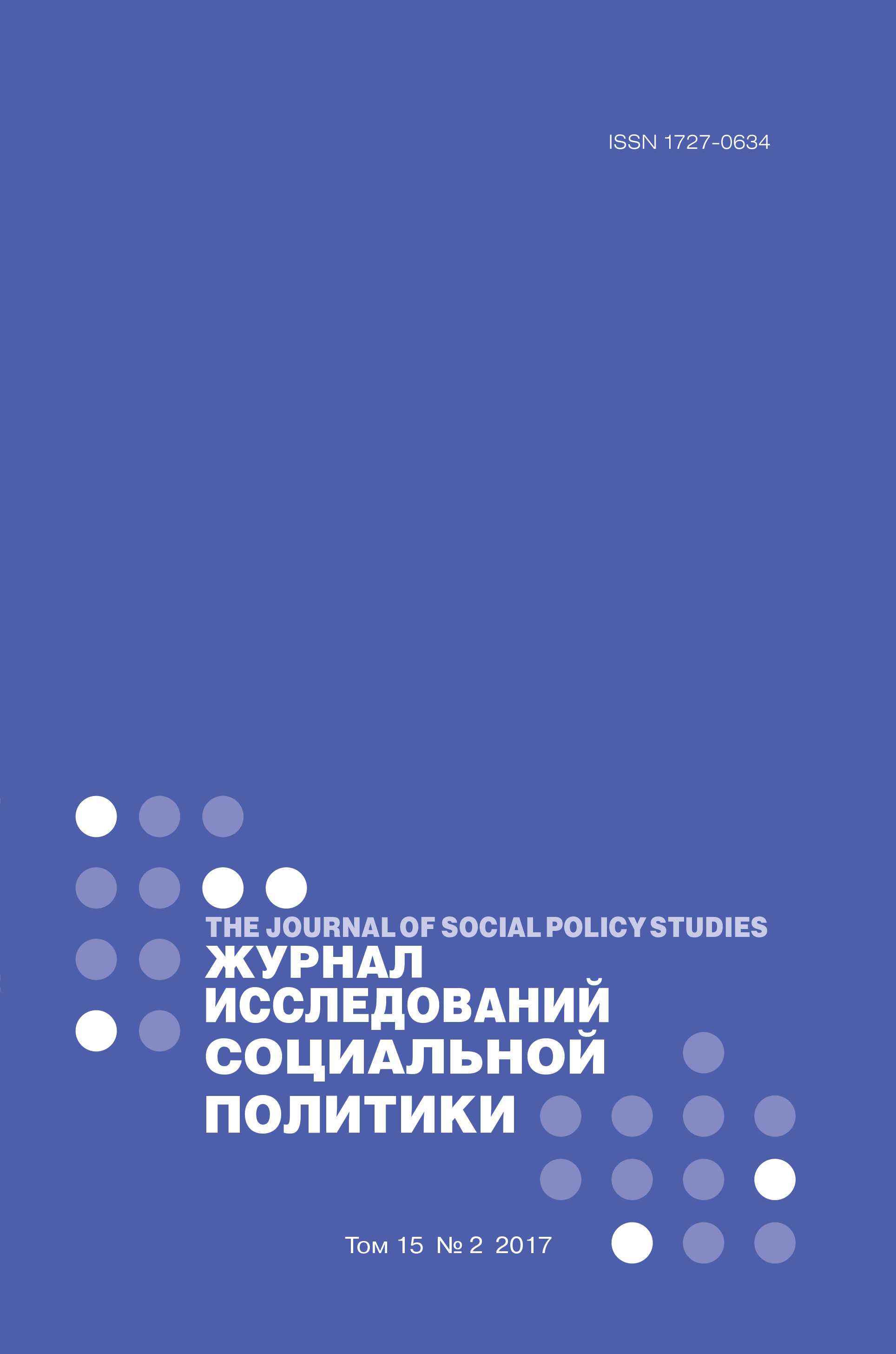Markets and Restaurants in Moscow: Two Network Communities of Migrant Workers from Azerbaijan
Abstract
Olga Pinchuk – PhD student, Department of theoretical sociology, Institute for Social and Humanities Education, Moscow State Pedagogical University, Moscow, Russian Federation. E-mail: Pinchuk_olya@list.ru
Timur Minyazhev – kandidat nauk (PhD) in Sociology, Associate Professor, Department of theoretical sociology, Institute for Social and Humanitie’s Education, Moscow State Pedagogical University, Moscow, Russian Federation. Email: Minyazhev@gmail.com
The article deals with two sectors of employment for Azerbaijani labor migrants in Moscow, the urban markets sector and public dining. While attempting to verify the existence of an Azerbaijani business community in 'Azeri cafes', the researchers discovered two other communities for Azerbaijani labor migrants: those employed in Azerbaijani restaurants ('the restaurants community') and those employed in urban markets’ ('the urban markets community'). In accordance with this empirical data, in examining Azerbaijani labor migrants communities, the authors implemented the 'social network' approach and employed the concept of social capital. This approach is built on the idea that working opportunities for individual migrants depends on the strength of ties accumulated with other migrants. Thus, a community is based on the density of such social ties, which are strong within the community but hold relatively weak connections to the rest of society. Meanwhile it does not necessarily have any specific location. Membership to a network provides labor migrants with access to community social capital, helping them in their labor activity. This dense network of connections offers the labor migrant the opportunity to achieve the better social and economic conditions. The two communities of Azerbaijani labor migrants exist in different ways. The ties between members of 'urban markets community' are stronger within one market, and weaker with other ones. The 'Restaurants community' does not have a specific location. Its members are employed in restaurants in different parts of the city however they always keep in touch (on the phone). The authors came to conclusion that there are weak and one-way ties between the two communities of Azerbaijani labor migrants in Moscow. However, the only real contact the two communities have is in those cases when workers move from the 'urban markets community' to the 'restaurants community'. As a rule, this transition is one-way; migrants moving from markets to restaurants do not return back.















